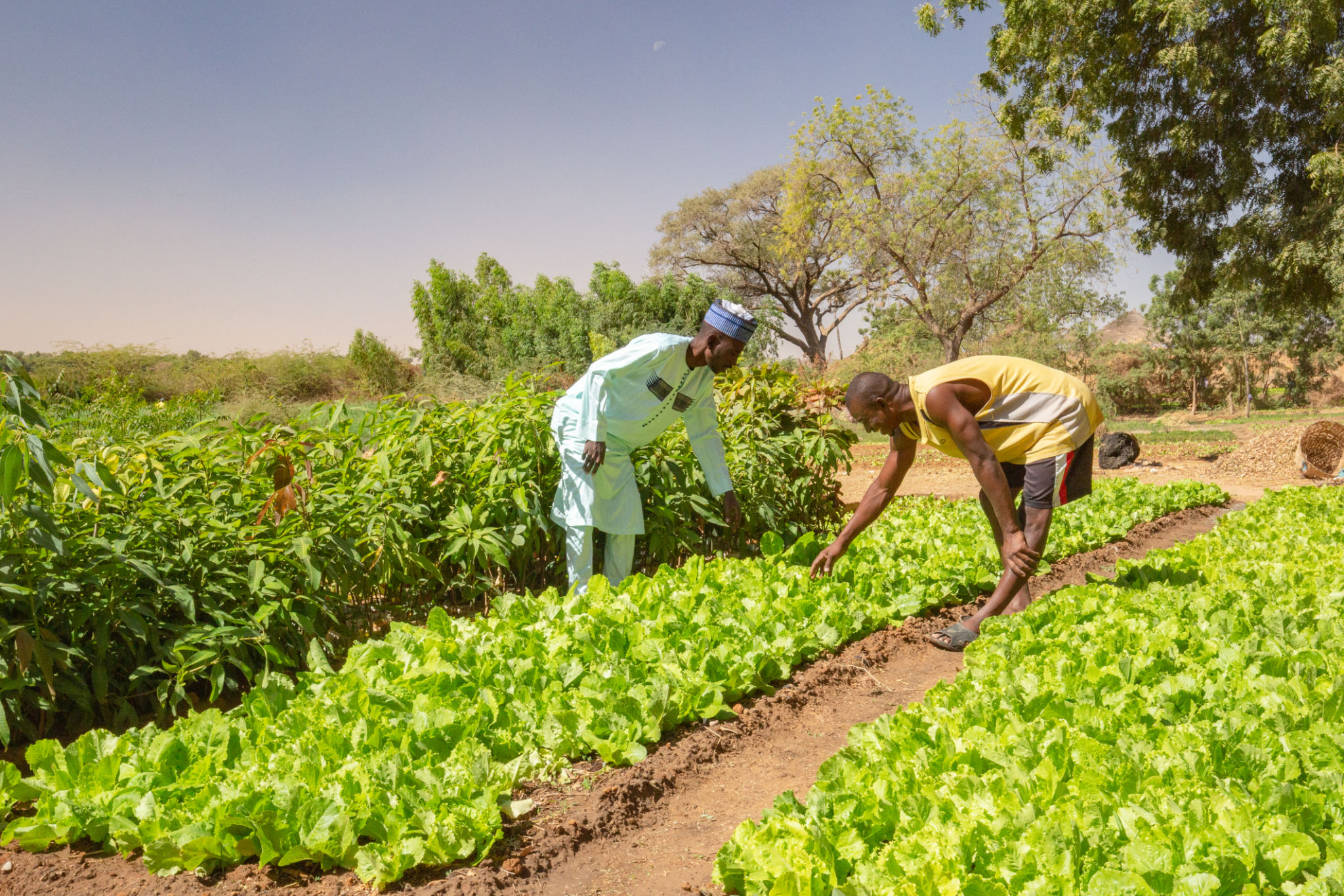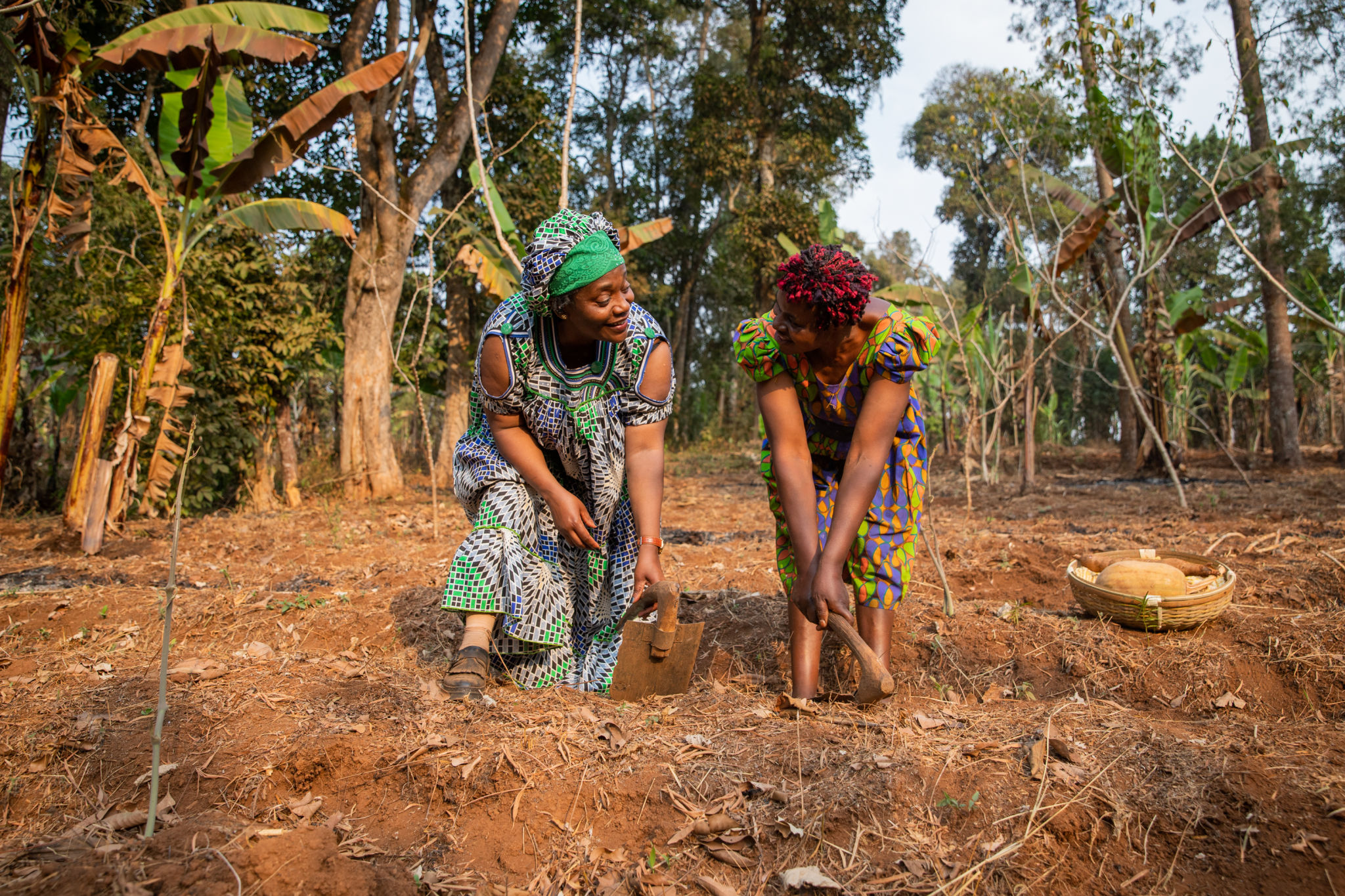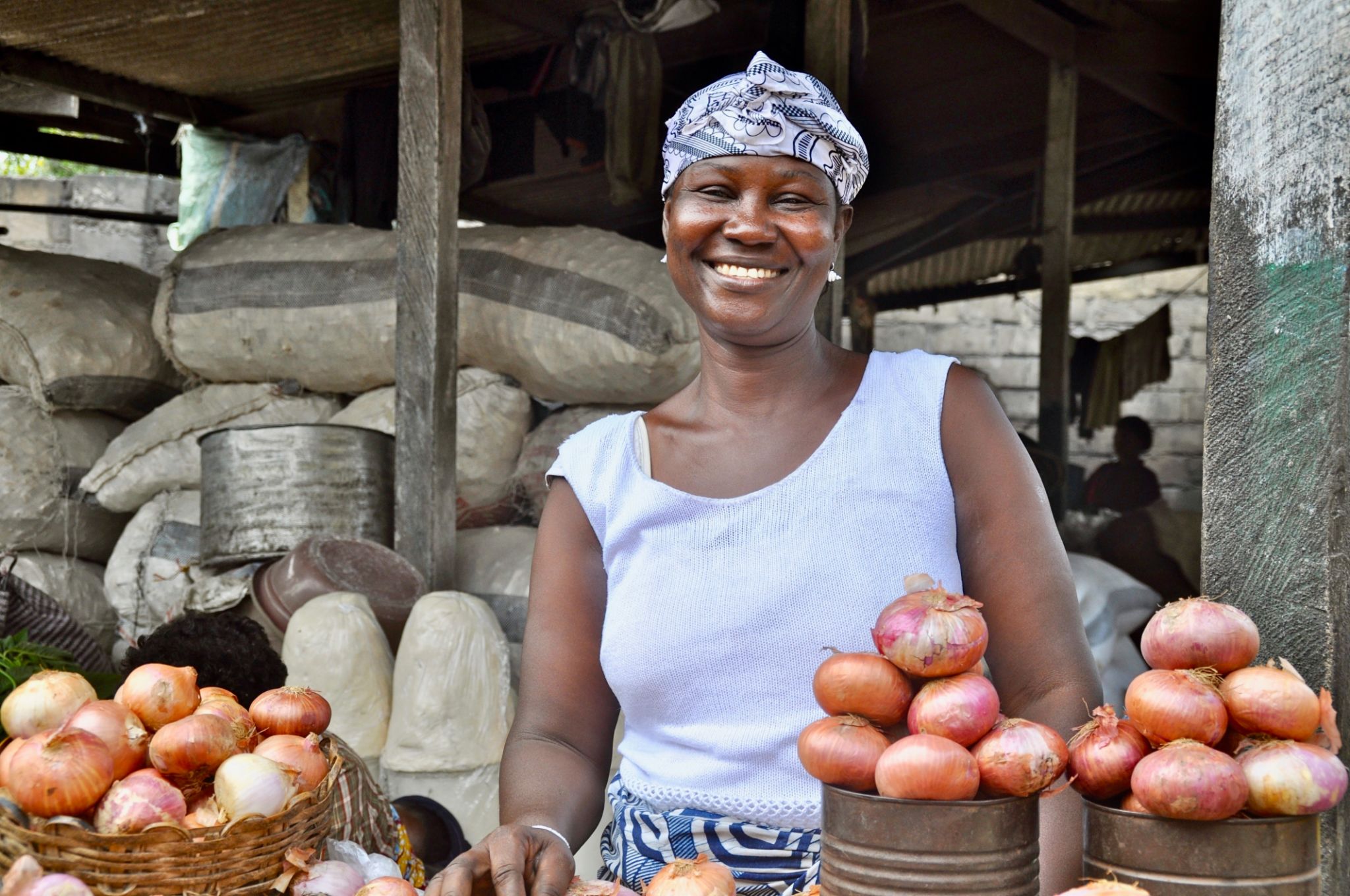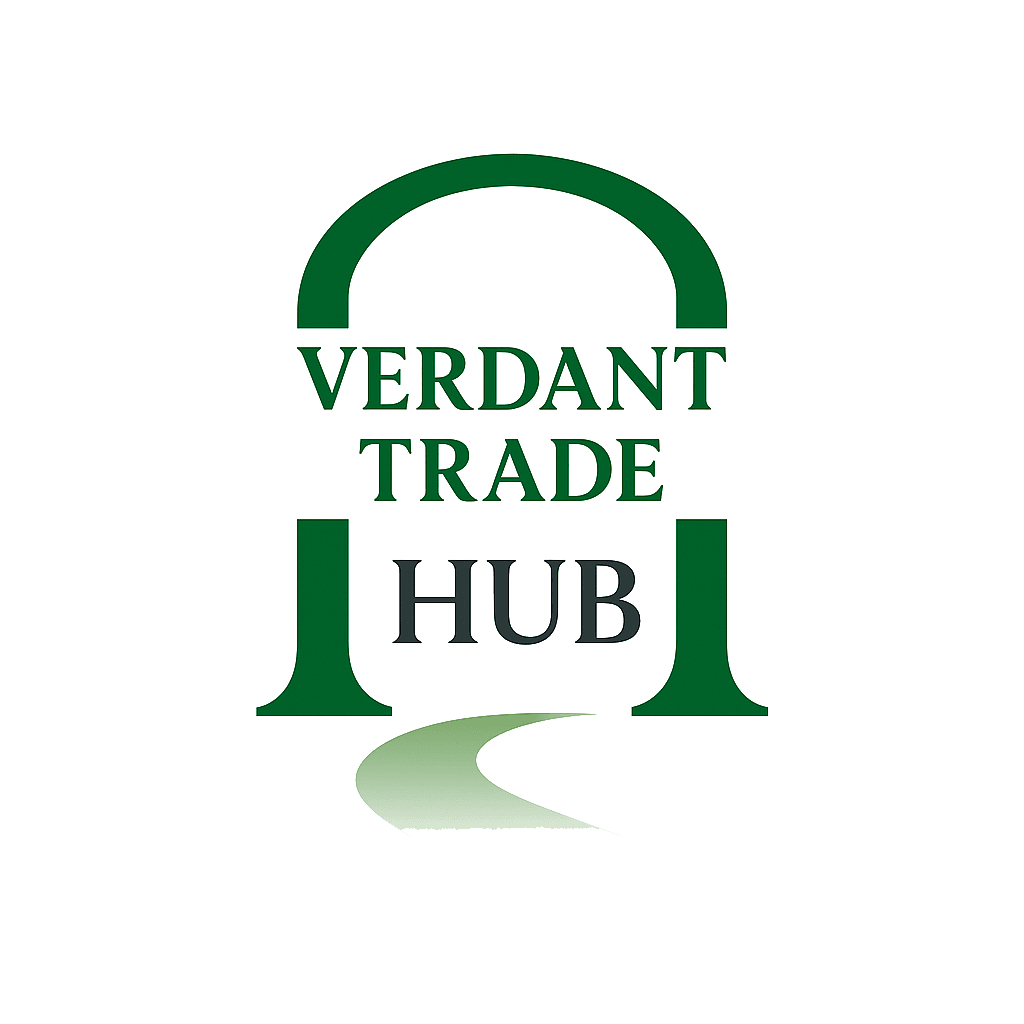Organic Farming in Africa: A Consultant's Guide to Success
Understanding the Basics of Organic Farming in Africa
Organic farming is gaining momentum in Africa as a sustainable alternative to conventional farming. This approach not only enhances soil fertility but also supports biodiversity and reduces chemical dependency. As a consultant, your role is to guide farmers in adopting practices that align with organic standards, ensuring that they meet the growing demand for organic products both locally and internationally.
African farmers face unique challenges such as climate variability, limited resources, and access to markets. Therefore, it's crucial to tailor your advice to address these specific issues. Understanding local conditions and traditional farming techniques can provide a foundation for integrating modern organic practices.

Essential Steps for Transitioning to Organic Farming
Transitioning to organic farming requires a well-structured plan. Start by conducting a comprehensive assessment of the current farming practices and the condition of the soil. This will help in creating a tailored roadmap for the transition. Educate farmers on the importance of crop rotation, cover cropping, and composting as these methods enhance soil health naturally.
Encourage the use of natural pest control methods such as biological pest management and intercropping. These techniques not only help in maintaining ecological balance but also increase crop resilience. Provide training sessions and workshops to ensure farmers are well-equipped with knowledge and skills.

Accessing Resources and Markets
One of the biggest hurdles in organic farming is accessing necessary resources such as organic seeds, natural fertilizers, and water management systems. Collaborate with local organizations and governments to facilitate resource availability. Building partnerships with suppliers can also ensure a steady supply chain for essential materials.
Furthermore, developing market access is crucial for success. Help farmers connect with domestic and international buyers looking for organic products. Establishing cooperatives can also empower small-scale farmers by pooling resources and negotiating better prices.

Certification and Quality Assurance
Obtaining organic certification is vital for reaching premium markets. Guide farmers through the certification process, which includes understanding regulations and maintaining detailed records of farming practices. Certification bodies such as Ecocert and Afrisco are prominent in Africa, offering support throughout the process.
Quality assurance goes hand-in-hand with certification. Implement regular monitoring and evaluation processes to ensure compliance with organic standards. This not only builds trust with consumers but also enhances the reputation of African organic products globally.
Sustainable Practices for Long-Term Success
Promoting sustainable practices is key to the long-term success of organic farming in Africa. Encourage the adoption of agroforestry, water conservation techniques, and renewable energy sources. These practices not only benefit the environment but also improve the livelihoods of farmers by reducing costs and increasing productivity.
Empower local communities by integrating them into the decision-making process, ensuring that organic farming practices are culturally acceptable and practically feasible. This community-driven approach fosters ownership and commitment to sustainable agriculture.

In conclusion, as a consultant, your guidance can significantly impact the growth of organic farming in Africa. By addressing challenges, facilitating resource access, and promoting sustainable practices, you can help create a thriving organic agriculture sector that benefits both people and the planet.
